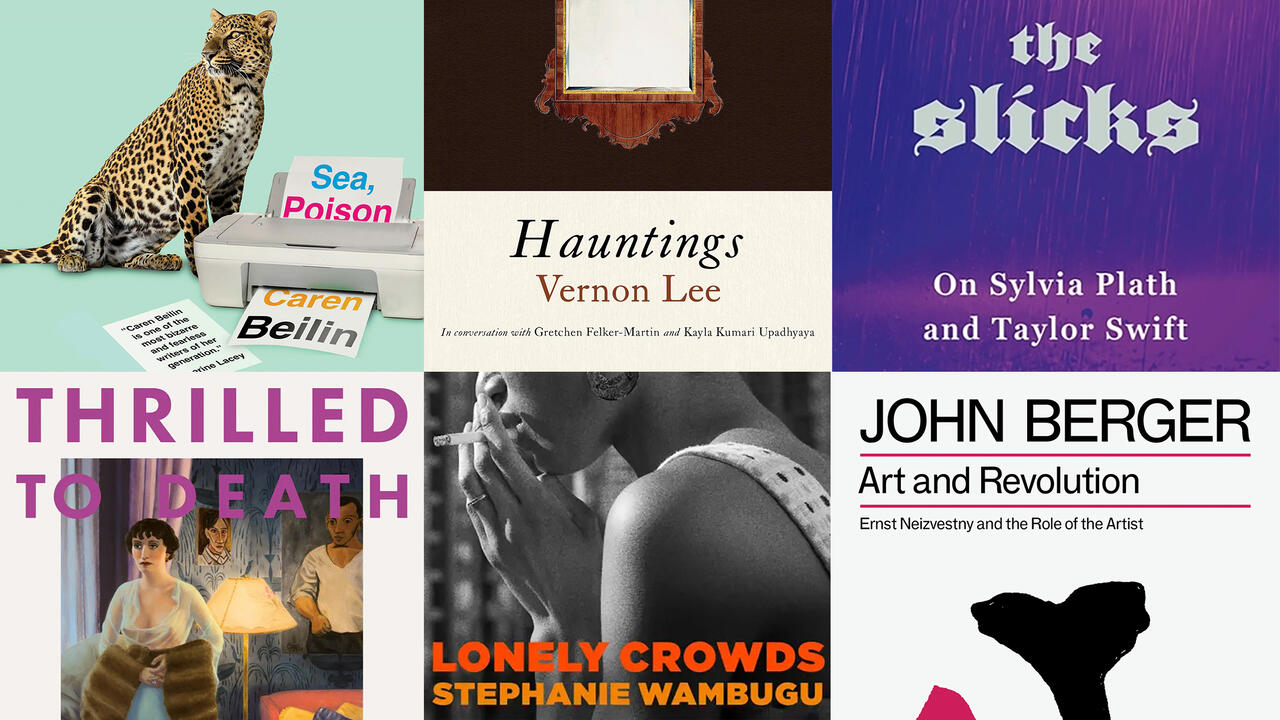Introspection Without Insight: A Review of Eimear McBride’s New Novel
Moments of thrilling prose are not enough to stop ‘Strange Hotel’ from feeling laboured
Moments of thrilling prose are not enough to stop ‘Strange Hotel’ from feeling laboured

An unnamed woman leaves an unhappy relationship, travels abroad, spends nights in a series of nondescript hotel rooms, sometimes has sexual encounters with men, tries not to think about the past.
Eimear McBride’s Strange Hotel, her third novel, has its roots in a tradition of ‘woman abroad in a hotel’ books such as Katherine Mansfield’s In a German Pension (1911), Jean Rhys’s Good Morning Midnight (1939), Anita Brookner’s Hotel du Lac (1984) and Emma Tennant’s Hotel de Dream (1976). Its conceit, though, is most strongly reminiscent of Joanna Walsh’s recent non-fiction-ish books Hotel (2015) and Break.up (2018). But Strange Hotel lacks Walsh’s wry insights into the unheimlich relationship between the hotel and the self, between place and displacement. This is in part due to the radical asceticism McBride has adopted with regard to context: there basically isn’t any. Other people are present mainly in their absence; lived life is always a recollection. And recollection is limited to what happened moments before: anonymous sexual encounters in these anonymous rooms.
In the rooms, the woman’s attention alternates between the hotel rituals of placing her case in the waiting luggage stand, laying out her coat, ‘learning which switch is which’, and her internal monologue, recording the atoms as they fall upon the mind, deeply critical of any patterns which may emerge there. Language appears to hold redemptive powers, but ‘frankly,’ McBride writes, ‘she finds it exhausting, interrogating her interrogation’. The text is a labour of self-consciousness. Alone in one hotel room the woman ‘fake[s] relief’ from taking her bra off. Who in the world is she faking this for? (And for whom is this not a genuine relief?) The next page has her ‘decid[ing]’ to smile at a thought. Would anyone be so conscious of their facial expression with no one else around?
This, we learn, has something to do with the woman’s inability to carry on using language as she has done in the past: ‘All the words filled up with blood and moved around as though entitled to motion so she gave them the freedom of her brain […] Until they were so dissipated, or so tightly wound, that they ceased to mean anything more to her.’ Now she is left having to ‘find other configurations somehow’.
But why? The trouble is, we don’t know who this woman is and what she’s after – and why putting word to experience matters. What is at stake? Some details emerge as the book goes on; there is a resetting of her relationship to the man at home – a son, it turns out, not a lover – but the relationship to him remains murky, as well as all the attempts to escape him. The real crux of the book is the boy’s father, who is no longer alive; the memory of a night in which he recounted his life story to her in a hotel room is the ‘touchstone’ of her own life, to which her mind, traumatically, compulsively returns.

Strange Hotel marks a shift in McBride’s own writing: the fragmented, declarative sentences of her earlier work – the award-winning A Girl is a Half-Formed Thing (2013) and 2017’s voluptuous The Lesser Bohemians – have been joined by baroque lines of bedevilled syntax, giving us sentences like this one: ‘Chances are, once she bestirs herself, the utilitarian persona she has latterly adopted will do all the inglorious rest.’ If Girl read like a pastiche of James Joyce, Strange Hotel feels like McBride has turned to Samuel Beckett. But alas, Beckett’s iconoclastic spark, his linguistic sublime is absent here.
McBride’s narrator seems aware that the linguistic experiment isn’t quite coming off: ‘Maybe I should stop fucking around with language? It’s not improving matters at all.’ She admits being tired of ‘the pseudo-intellectual garble which, if I’m honest, serves the solitary purpose of keeping the world at the far end of a very long sentence’ – or on the other side of a hotel window.
There are very few contemporary writers with McBride’s sense of pace at the sentence level. The language slows the rhythm to the throb of meditation: the ‘hot dun gloom’ of the hotel corridor; the clerk who is ‘sun-browned and neat and slow’. When the language is tight, it’s thrilling (‘outside, the conjugal dark romances abound. Music from the bar. Bats against the moon’) and her prose has a bothness to it, getting the first and the third person at once, which fits nicely with the theme of memory. She both is, and is no longer, the girl from her past.
McBride’s work often reminds me of something Franz Kafka wrote to his friend, the writer Max Brod: ‘My whole body puts me on my guard against each word; each word, even before letting itself be put down, has to look round on every side.’ This aesthetics of apprehension can be generative or life-sapping. Strange Hotel reads like the work of a writer who’d rather be somewhere else, writing a different book.





















